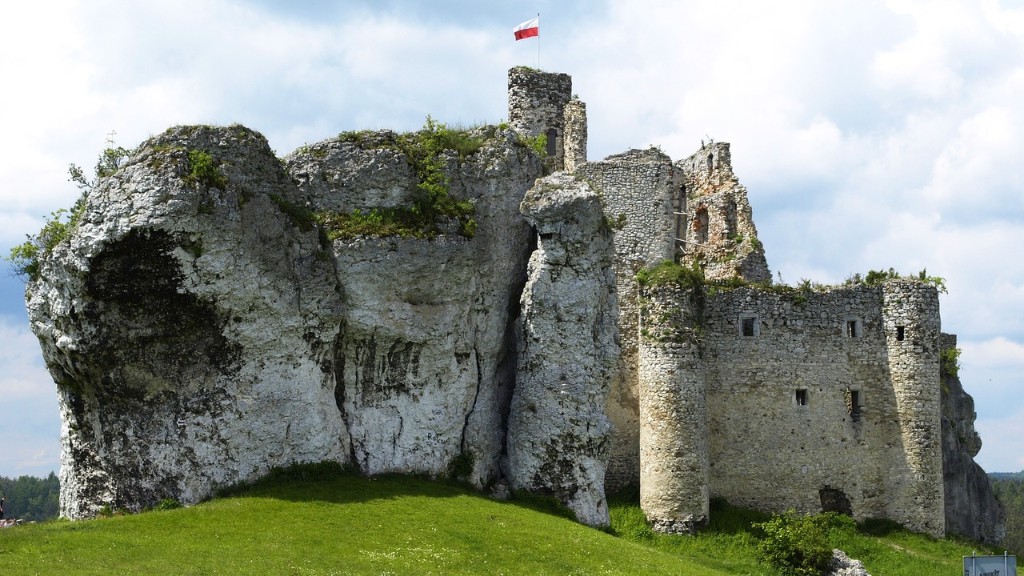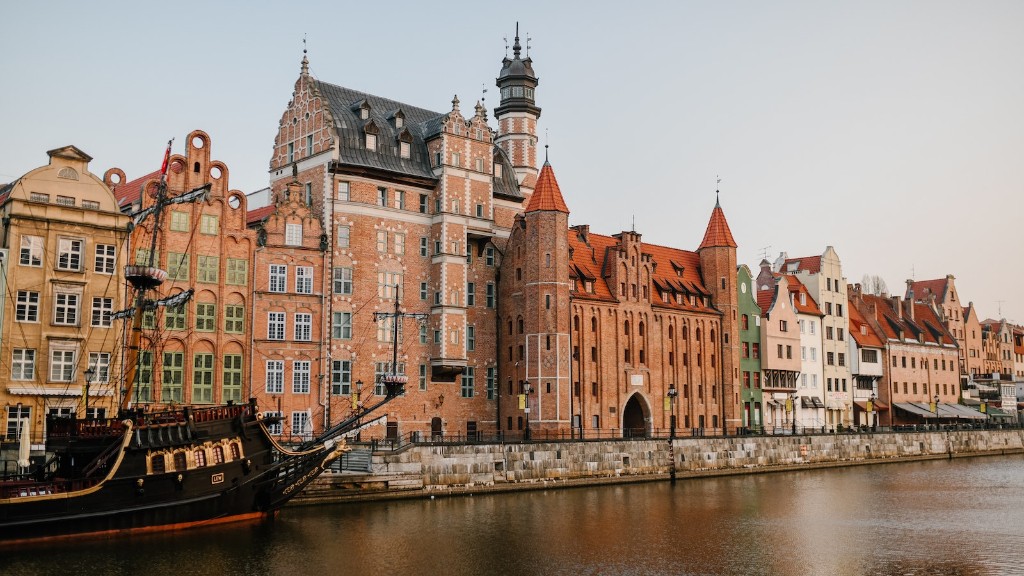The Present and Future of Internet in Poland
Poland is one of the most connected countries in Europe. It ranks highly in terms of internet speed and is currently being modernised as part of the digitalisation process. There is an ongoing effort to improve the accessibility of internet, as well as the speed it can be accessed by. The government has realised the potential of internet and is continuously working on improving it further.
Recent statistics show that internet connection speeds have surged in recent years. A 2018 survey conducted by Akamai reported that the average internet connection speed in Poland had increased from 8.6 Mbps to 11 Mbps. This is far ahead of the world average of 6.3 Mbps. In addition, the survey revealed that the number of people in Poland with access to internet with speeds of over 10 Mbps had grown from 16% in 2017 to 33% in 2018.
Not only are speeds increasing, internet access is also more widely available. Over the last four years, the number of households with internet access increased by 68.7%. This includes households in both rural and urban areas. This means that more than half of the population now has easy access to the internet.
Poland is investing heavily in the expansion of 5G technology. It is predicted that the expansion of 5G will bring an even faster internet connection to the country. According to experts, 5G speeds will be up to 10 times faster than current broadband speeds. This is leading the government to invest in infrastructure upgrades and the development of new technological capabilities.
The government has committed to providing every home in Poland with access to internet speeds of at least 30 Mbps by 2021. This aim is achievable due to the infrastructure upgrades that are already underway as well as new investment in 5G technology and other new advancements. Many individuals and businesses are now taking advantage of faster internet speeds and are beginning to appreciate the convenience, security and cost savings that come with them.
The government is also actively working to provide access to the internet in remote areas. It plans to roll-out a new initiative dedicated to the goal of providing access to 100 Mbps internet speeds in every home in the country. It is believed that this will further improve the quality of life in Poland by providing people with access to information and resources that would otherwise be unavailable.
The Benefits of Improved Internet in Poland
Poland is maximising the benefits of improved internet access. With increased speeds, people are able to do more online such as streaming services, video chats, and online gaming. Additionally, businesses have access to faster speeds to conduct their day-to-day activities as well as experience the potential of state-of-the-art innovations. In general, this contributes to an improved quality of life and increased economic growth.
It is estimated that the digital transformation in Poland could save the country up to €40 billion in GDP by 2025. This includes improvements in areas such as e-commerce, online payment methods, digital marketing and more. In addition, improved access to the internet could lead to job creation, as many businesses are increasingly relying on the internet and its resources to run their operations.
Internet access in Poland has also improved the education system significantly. Students have access to more information and resources than ever before. Additionally, online education has become much more popular due to the convenience of access. Schools and universities are slowly turning to technologies like virtual classrooms, which allow teaching to occur even after school is over. Furthermore, the ability for students to access educational material from any geographic location is now a reality in Poland.
Improved access to the internet also contributes to improved healthcare in the country. People can now access information about medical conditions and treatments and also connect to medical professionals if need be. This is made possible through telecommunication services and virtual doctor visits. By making health information more accessible, people can now make more informed decisions when it comes to their health.
Internet access has also improved social relations, as people are now more connected than ever. Social media platforms such as Facebook and Twitter allow individuals to stay in touch with friends and family, no matter where they are in the world. Additionally, people can now access news and entertainment much faster and with greater accuracy than ever before.
The Challenges of Internet in Poland
Though Poland’s internet access has made great progress, there are still some challenges that need to be addressed. The first of these is the coverage gap that exists in rural areas. Many people living in rural areas do not have access to high-speed internet due to the lack of infrastructure. This has slowed the process of digitalisation in these areas and has also impacted the lives of people living there.
Accessibility is also an issue in areas with poor infrastructure. An estimated 25% of Polish households do not have access to standard internet speeds. This can lead to an unequal distribution of resources and opportunities as people in remote locations cannot access the same information or resources as those in cities. This is why continued efforts to improve infrastructure must be taken, as this can help bridge the gap between rural and urban areas.
Another challenge faced by the people of Poland is that of cyber security. In recent years, cyber crime has become increasingly commonplace in many parts of the country. This is largely due to the increase in the number of people with access to the internet and the lack of proper protocols to protect personal information. It is important that citizens take the necessary steps to protect their data, such as using secure passwords and encrypting their data if possible.
It is also important that policymakers take the necessary steps to ensure internet security and privacy. This includes legislative measures such as the General Data Protection Regulation of 2018, which has mandated the protection of data and user privacy. By taking necessary steps, not only can individuals stay secure online, but the digitalisation of the entire country can also be optimised.
Conclusion
Internet access in Poland continues to grow rapidly, and the government’s efforts to invest in infrastructure upgrades and technological advancements continue to pay off. With improved speeds, better accessibility and more secure networks, Poland is quickly becoming one of the most connected countries in Europe. As the country modernises and technology advances, there is sure to be an even better and faster future for internet in Poland.




